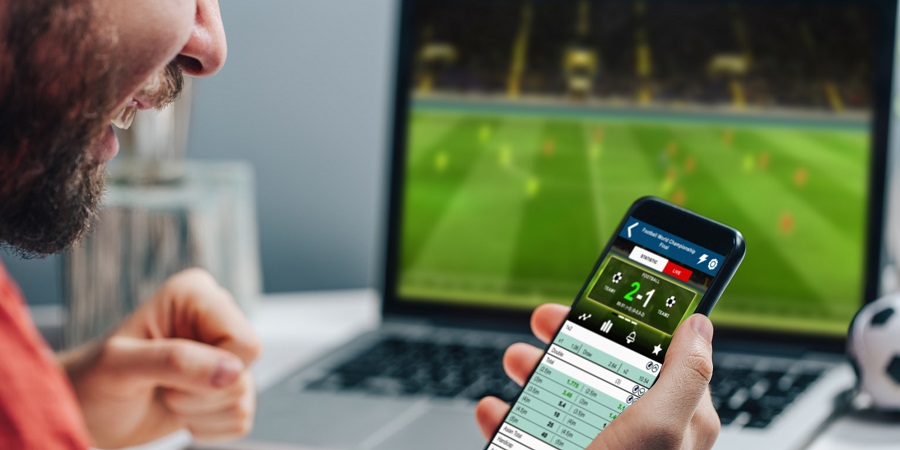Anyone who participates in sports betting faces a lot of difficult questions with regard to how they place their bets. Obviously, you need to be very careful about how you do it, because one slight mistake could make or break a wager for you.
One of the big questions that people face when placing bets is whether it is better to bet in-play or before matches start. This is a delicate question and one that doesn’t have a straightforward answer. Taking a look at FIRST’s betting hub will give you a sense of what is out there and where you can place your bets once you’re ready.
Enter AI
As with everything else these days, sports betting is heavily influenced by AI. AI-driven analytical tools can analyze data related to every aspect of games, including player performance, team histories, weather predictions, etc. It can hone the odds of particular teams winning in different circumstances to remarkable degrees.
Even with AI, though, there is no definitive answer to the question of whether pre-game or in-play betting is more potentially beneficial. Even with the real-time updates that AI can provide, some participants find that it is better to bet before games.
What is involved in each strategy
Given all of this, it pays to look at each strategy in detail and what goes into them. The factors involved are more subtle than you might think, and gaining a deeper understanding will help you formulate a better overall strategy, in addition to the ones you employ for any given game.
What goes into pre-match betting?
Before the days of the Internet and all the modern tools that we now have access to, there was only one style of betting, and that was pre-match betting. People would calculate the odds, make their wagers before a game started, and hope for the best.
There are, of course, advantages to this approach:
- The odds are more stable. When you bet in advance of a game, you are able to lock in your bets before lines shift. This can be a distinct advantage, particularly in certain sports.
- You have more time to do research on the teams, and assess betting trends over the long-term.
- You can take advantage of promotional offers that offer things like pre-match bonuses.
- Pre-match betting also makes it easier to take advantage of multi-betting opportunities.
Pre-betting also has some disadvantages that you should be aware of:
- You won’t be able to react to in-game changes as your bet will be fixed
- You need to conduct more research to be sure that you can adequately understand historical patterns and predict possible fluctuations
In-play betting: better or worse?
In-play betting is also known as live betting. In this type of betting, you can place your bets at any time. With all the tools that we have at our fingertips these days, this type of betting presents exciting possibilities.
- You can react to sudden changes in momentum, injuries, or other major contributing factors to a game
- You can capitalize on changing odds as big scores appear in a game
- You have the opportunity for micro-betting on things like next-goal scoring, MVPs, and more
- You can take advantage of AI analytics to benefit from real-time updates
That said, you should also keep in mind the drawbacks of in-play betting:
- You need to really be on your toes and know what you’re doing as things can change quickly in either direction
- You need to resist the temptation to bet impulsively as emotions can cloud reason
Sports vary
You should also keep in mind that every sport is different and requires a unique approach. Rather than creating a uniform strategy, study the sport you plan to bet on in detail first. Look at historical patterns, individual teams, players, and coaches. And consider outside factors like how they tend to fare in different kinds of weather, etc. All these things will help you decide how you want to bet.
Nothing is carved in stone
Ultimately, your decision to bet pre-game or in-game can be made before any given game. You can use a different approach in subsequent games if you feel like your odds might be better. The point is to keep doing your research and studying the odds of different strategies. The longer you work at it, the better you will fare.






